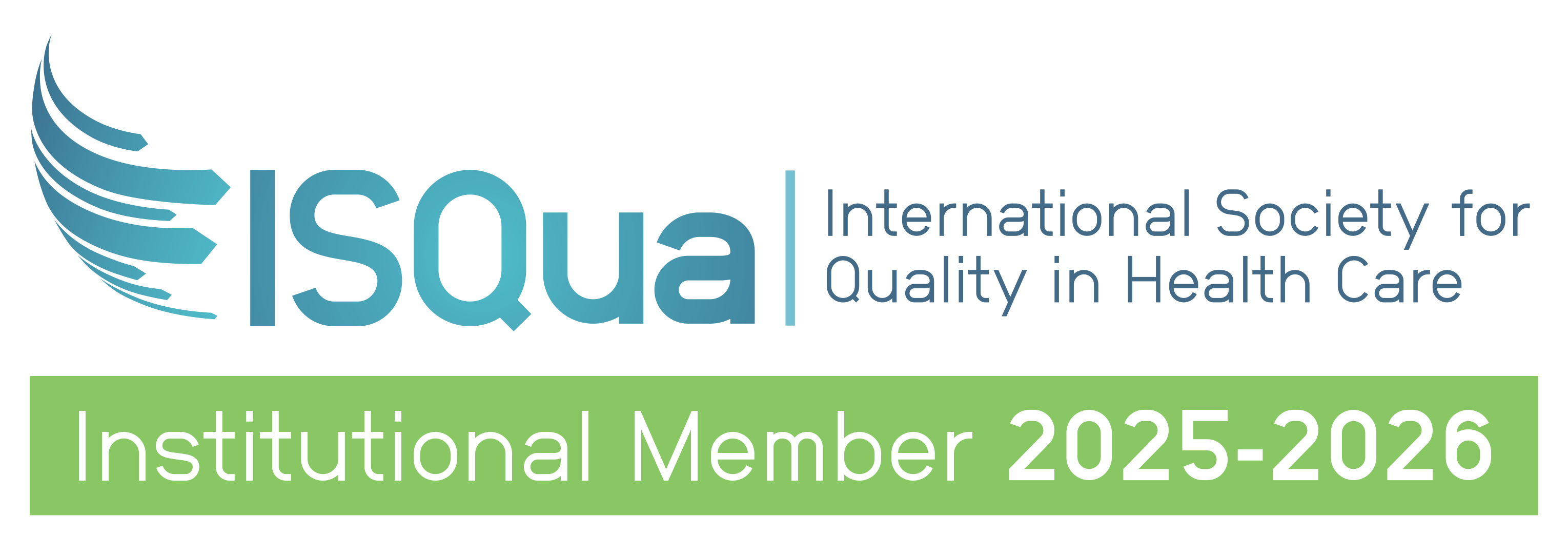
QI in Action: Reducing work-related musculoskeletal injuries in the NT Health Alice Springs Community Primary Care Adult Nursing Team
We are thrilled to share this impactful project by Ms Anna Huigen RN, as part of the Improvement Academy QIL Training Program.
The Improvement Academy Quality Improvement Lead (QIL) Training Program is a 9-month training program designed to empower participants with the skills and knowledge to drive positive change in healthcare. Read below to find out how Nurse Management Coordinator, Ms Anna Huigen RN carried out a project to reduce musculoskeletal injuries with remarkable results in her team.
Background
NT WorkSafe reported that by health sector occupation, registered nurses accounted for 19.4% of serious injuries, with body stresses accounting for 21.8% of the main mechanism of serious injury. Lower back and shoulder injuries were the main body parts affected. Apart from high compensation costs and loss of client servicing due to lost workdays, Richardson et al. found that musculoskeletal injuries sustained by nurses in the workplace cause negative effects on ‘nurse wellbeing, quality of life, and job satisfaction’ and contributed ‘to difficulties with the retention of nurses in the workforce’.
Project Summary
The aim of this project was to reduce musculoskeletal injuries in the NT Health Alice Springs Community Primary Care Adult Nursing team staff during home visits and clinic appointments to zero by the end of November 2022. The team comprises four permanent nurses and 2–3 casual nurses and provides wound care to clients in the clinic and home settings in Alice Springs. Both settings pose risk for musculoskeletal injury to nursing staff through twisting, lifting, bending, kneeling, pulling, pushing and carrying movements, particularly when attending to wound care in clients’ homes.
Riskman is the NT Health tool used to record, address, and evaluate quality and safety breaches. The number of Riskman nursing staff incidents of musculoskeletal injuries for the past year was tallied (n=1). Staff absenteeism due to musculoskeletal injury was also recorded in days (n=5). However, a staff survey highlighted that all nursing staff in the team (n=5) had sustained a work-related musculoskeletal injury in recent years but had not formally lodged a Riskman incident or necessarily taken leave to recover but still had suffered pain and inconvenience as a result. Anecdotally, this had led to some staff considering other employment options.
Beginning in April 2022, the project team used quality tools including brainstorming, affinity diagrams using Mentimeter, and sticky notes and a staff survey that resulted in a cause-and effect diagram and Pareto chart. Four interventions were identified, and a driver diagram (Figure 1) was created to assist with stating the changes likely to produce the desired effects. Coincidentally, the proposed interventions correlated strongly with themes identified by Rogers et al., who addressed musculoskeletal injury in the hospital setting.
-
Implement regular morning stretching sessions for nursing staff
-
Educate staff on correct work health and safety processes specific to the workplace
-
Purchase of fully electric beds and home visit ergonomic aids
-
Ensure adequate staffing to complete tasks without undue pressure.
The interventions were tested in multiple Plan, Do, Study, Act (PDSA) cycles starting in April 2022 and entered into Riskman to ensure continuity and accountability. Two PDSA cycles (1 & 4) have been completed and two cycles (2 & 3) are still in process.
Results
Since commencing the project, the aim of reducing work-related musculoskeletal injuries to zero has been achieved. The number of days since the last workplace-related musculoskeletal injury (occurred 25/03/2022) is 497 (as of 20/07/2023).
To read more projects like the above, access our QIL Program: Project Summaries 2021-23 booklet here.
Unlock your potential: New module dates released
We are excited to release new dates for our highly sought-after Virtual Quality Improvement Lead (VQIL) training program, commencing in February 2024. Learn more about the VQIL program here.
Our QIL program graduates are supported by our expert faculty to work on projects that are innovative, data driven and have a lasting impact on their teams and organisation.

